A Detailed Dot Net Full Stack Developer Syllabus To Learn In 2026
4.9 out of 5 based on 8959 votesLast updated on 11th Apr 2024 16.78K Views
- Bookmark

Embarking on a professional full-stack development course is an excellent way to ignite your journey in mastering the craft.
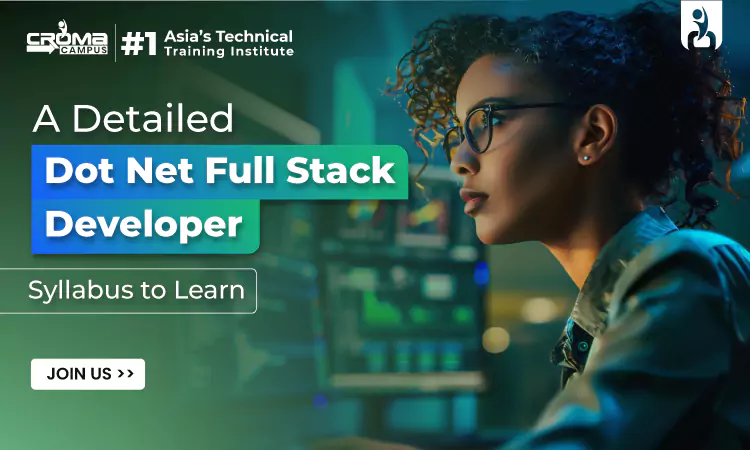
Being a full-stack developer means you work on all parts of an application - from the front end to the back end and everything in between. It is a versatile role that offers exciting career opportunities. But what exactly does it take to become one? Let's explore the Full Stack Developer Syllabus for 2025.
In today's digital world, the demand for skills like Full Stack, Java Full Stack Developer Course, React JS, Android, Angular JS, Cloud Infrastructure Technologies, and Cyber Security, has skyrocketed. This surge is due to the increasing importance of technology transformations across industries.
So, if you're considering a career in Full Stack Development, now is the time to get started. Taking a professional full-stack development course is a great way to kickstart your journey. But before that, it's crucial to understand what the course covers.
The Full Stack Developer Course Syllabus for 2025 aims to train versatile web application developers who can handle every aspect of a project - from front-end design to back-end development and database management. The goal is to ensure candidates are equipped to tackle real-life projects effectively.
For a detailed overview of the latest Dot NET Full Stack Developer Syllabus, check out Croma Campus’s Professional Full Stack Development program. It is your guide to starting your journey into the world of full stack development.
Dot Net Full Stack Developer Syllabus
The syllabus for a Dot NET Full Stack Developer typically covers a wide range of topics related to both front-end and back-end development using the .NET framework. Here's a detailed breakdown of what you might expect to learn:
- Fundamentals of Programming:
- Introduction to programming concepts and principles
- Data types, variables, and operators
- Control structures (if-else, loops, switch statements)
- Object-oriented programming (classes, objects, inheritance, polymorphism, encapsulation)
- Front-End Development:
- HTML5: Basics of HTML markup, semantic elements, forms, and input types
- CSS3: Styling HTML elements, layout techniques, responsive design
- JavaScript: Fundamentals of JavaScript programming, DOM manipulation, event handling
- CSS frameworks (Bootstrap, Foundation) for responsive web design
- Client-side scripting frameworks/libraries (React.js, Angular, Vue.js)
- Back-End Development with .NET:
- Introduction to .NET framework and .NET Core
- C# Programming Language: Syntax, data types, control structures, object-oriented programming concepts
- ASP.NET Core MVC: Building web applications using Model-View-Controller architecture
- Entity Framework Core: Object-Relational Mapping (ORM) for database interaction
- RESTful API Development: Creating and consuming RESTful APIs using ASP.NET Core Web API
- Database Management:
- Relational Database Concepts: Understanding database structures, tables, and relationships
- SQL (Structured Query Language): Basic to advanced SQL queries, CRUD operations
- Database Design: Normalization, indexing, database optimization techniques
- Integration of databases with .NET applications using Entity Framework Core
- Version Control Systems:
- Git: Basics of version control, repository management, branching, merging, and resolving conflicts
- Deployment and DevOps:
- Deployment Strategies: Deploying .NET applications to various hosting platforms (Azure, AWS, Heroku)
- Continuous Integration and Deployment (CI/CD) pipelines
- Containerization with Docker
- Understanding DevOps principles and practices
- Additional Topics:
- Authentication and Authorization: Implementing user authentication and authorization mechanisms (JWT, OAuth)
- Testing: Unit testing, integration testing, end-to-end testing
- Security Best Practices: Cross-site scripting (XSS) prevention, input validation, data encryption
- Performance Optimization: Identifying and resolving performance bottlenecks in .NET applications
- Project Work:
- Hands-on projects to apply the learned concepts in real-world scenarios
- Building full-stack web applications from scratch, following industry best practices
Note: Java programming is versatile and used for developing web, mobile, and enterprise applications. Enroll in Java Online Training to master object-oriented programming and advanced development skills.
This syllabus provides a comprehensive overview of the topics typically covered in a .NET Full Stack Developer course, helping students gain the necessary skills and knowledge to excel in the field of web development using the .NET framework. It can be customized as per your needs and requirements by our experts at Croma Campus.
You May Also Read:
Future Of Dot Net Full Stack Developer
Full Stack Developer Course Online
Interview Questions on MEAN Stack
What you will learn in our dot net full stack developer course?
- Fundamentals of Programming:
- This module introduces basic programming concepts, such as variables, data types, and control structures.
- Students learn about fundamental programming principles like logic, flow control, and algorithm design.
- Object-oriented programming (OOP) concepts like classes, objects, inheritance, polymorphism, and encapsulation are covered in depth.
- Practical exercises and coding assignments help reinforce learning and problem-solving skills.
- Front-End Development:
- HTML5: Students learn HTML markup, including semantic elements, forms, and input types. They also explore HTML5 features like video and audio embedding.
- CSS3: This module covers styling HTML elements using CSS, including layout techniques like Flexbox and Grid, responsive design principles, and CSS preprocessors like Sass or Less.
- JavaScript: Fundamentals of JavaScript programming are covered, including DOM manipulation, event handling, asynchronous programming, and ES6 features.
- Students get hands-on experience building interactive web interfaces and components using popular front-end frameworks like React.js, Angular, or Vue.js.
- Back-End Development with .NET:
- Introduction to .NET framework and .NET Core: Students learn about the .NET ecosystem, including the difference between .NET Framework and .NET Core, and the benefits of using .NET Core for cross-platform development.
- C# Programming Language: This module covers the syntax, data types, control structures, and object-oriented programming concepts of C#. Students also learn about LINQ (Language-Integrated Query) for querying data.
- ASP.NET Core MVC: Students learn how to build web applications using the Model-View-Controller architecture with ASP.NET Core, including routing, controllers, views, and model binding.
- Entity Framework Core: Object-Relational Mapping (ORM) with Entity Framework Core is covered, including database migrations, data seeding, and advanced querying techniques.
Note: Web development is essential for building modern websites and applications. Enroll in a Web Development Online Course to master coding, design, and responsive development skills.
- Database Management:
- Relational Database Concepts: This module introduces students to relational database management systems (RDBMS), database design principles, and normalization techniques.
- SQL (Structured Query Language): Basic to advanced SQL queries are covered, including CRUD operations, joins, subqueries, and aggregate functions.
- Database Design: Students learn about database design principles, including entity-relationship modeling, normalization, indexing, and database optimization techniques.
- Integration of databases with .NET applications using Entity Framework Core: This module covers how to connect .NET applications with relational databases using Entity Framework Core, including database migrations and seeding data.
- Version Control Systems:
- Git: Students learn the fundamentals of version control using Git, including repository management, branching, merging, and resolving conflicts. They also explore Git workflows like Gitflow and best practices for collaborating with other developers using Git.
Note: Dot Net is a powerful framework for building web, desktop, and mobile applications. Enroll in Dot Net Classes Online to master C#, ASP.NET, and MVC for career growth.
- Deployment and DevOps:
- Deployment Strategies: This module covers different deployment strategies for .NET applications, including deploying to cloud platforms like Azure, AWS, or Heroku.
- Continuous Integration and Deployment (CI/CD) pipelines: Students learn how to set up CI/CD pipelines to automate the build, test, and deployment processes for their .NET applications.
- Containerization with Docker: Docker basics are covered, including container creation, Dockerfiles, Docker Compose, and container orchestration using Kubernetes.
- Understanding DevOps principles and practices: Students gain an understanding of DevOps culture, practices, and tools, including infrastructure as code (IaC), configuration management, and monitoring.
- Additional Topics:
- Authentication and Authorization: Students learn about implementing user authentication and authorization mechanisms in .NET applications using technologies like JSON Web Tokens (JWT) and OAuth.
- Testing: This module covers different types of testing, including unit testing, integration testing, and end-to-end testing, using frameworks like xUnit, NUnit, or MSTest.
- Security Best Practices: Students learn about security vulnerabilities in web applications and best practices for mitigating risks, including input validation, output encoding, and protection against common attacks like Cross-Site Scripting (XSS) and SQL injection.
- Performance Optimization: Techniques for optimizing the performance of .NET applications, including code profiling, caching strategies, database optimization, and scalability considerations, are covered.
- Project Work:
- Throughout the course, students work on hands-on projects that allow them to apply the concepts and skills learned in real-world scenarios.
- Projects may include building full-stack web applications from scratch, incorporating front-end and back-end development techniques, database integration, authentication and authorization mechanisms, and deployment strategies.
- Project work provides students with practical experience and portfolio pieces to showcase their skills to potential employers or clients.
Other Related Technologies:
Python Full Stack Developer Course
By covering these modules in detail, students acquire a comprehensive skill set required to become proficient .NET Full Stack Developers, capable of building robust and scalable web applications from start to finish. To know more about our dot net full stack developer syllabus, connect with our expert team today!
Subscribe For Free Demo
Free Demo for Corporate & Online Trainings.
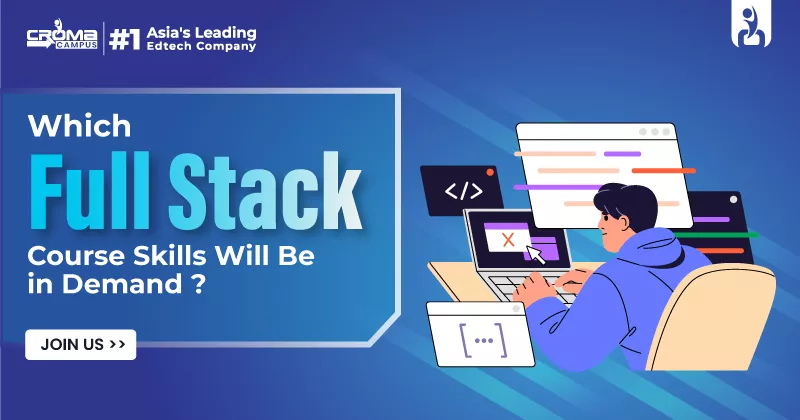
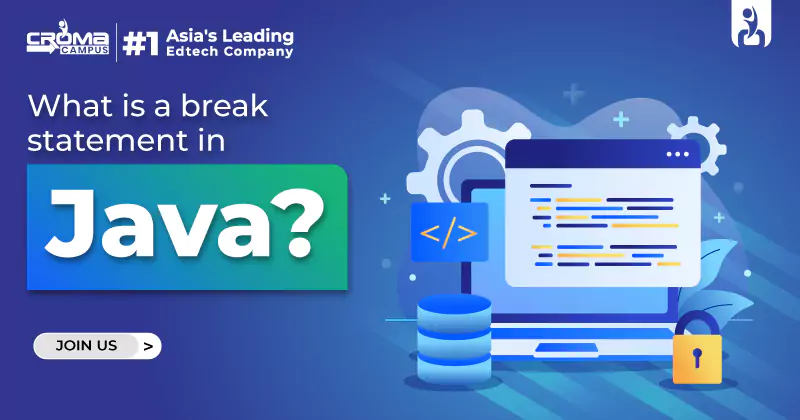
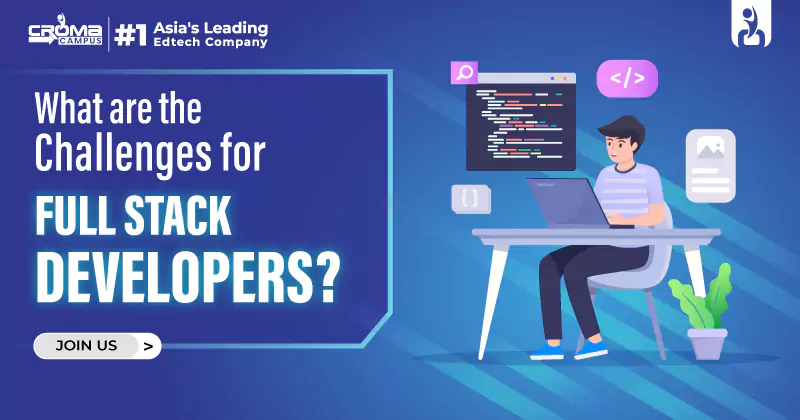
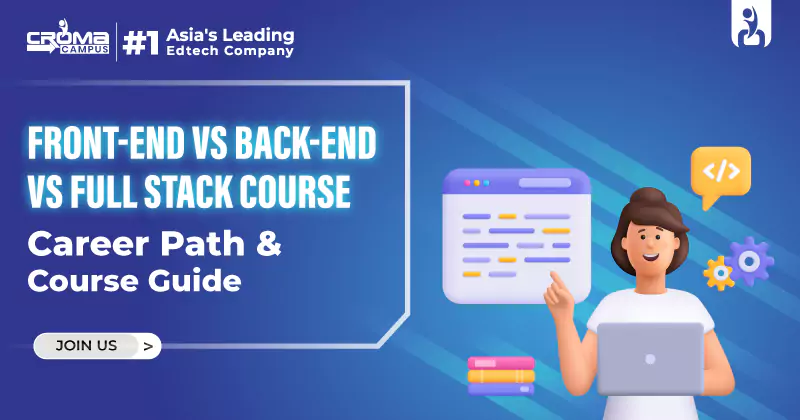

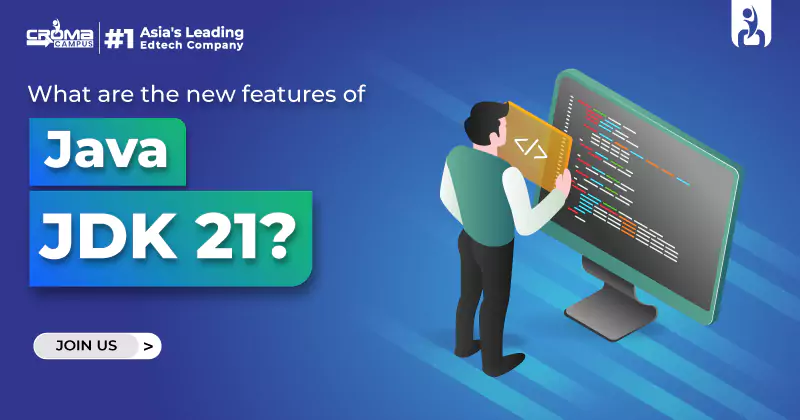


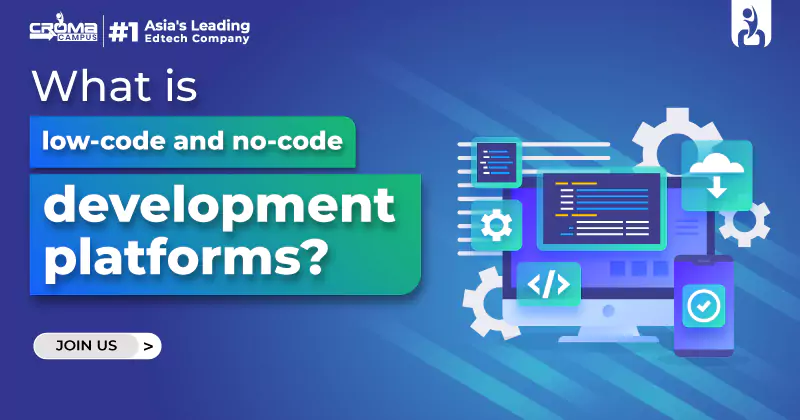
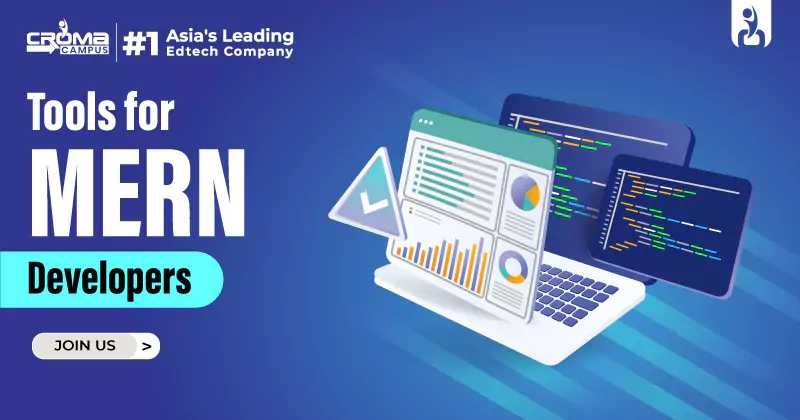
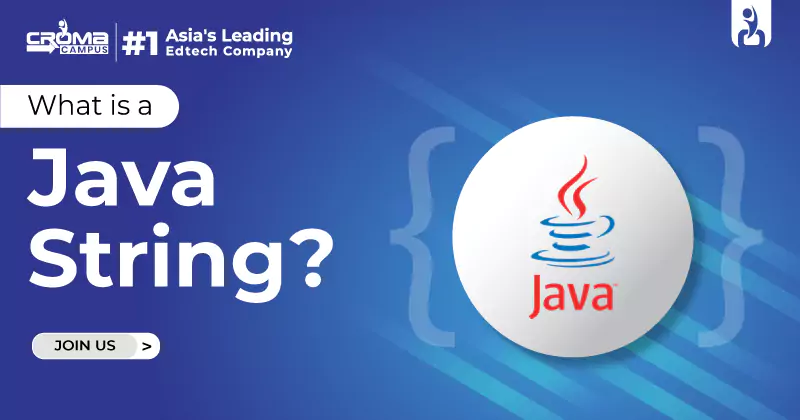
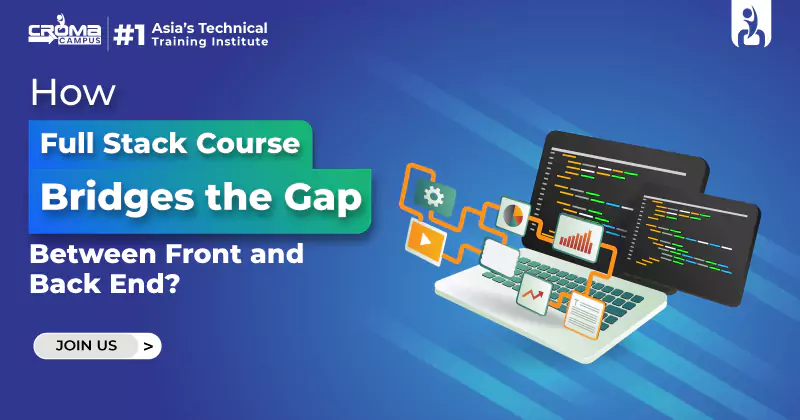













.webp)
.webp)

.png)















